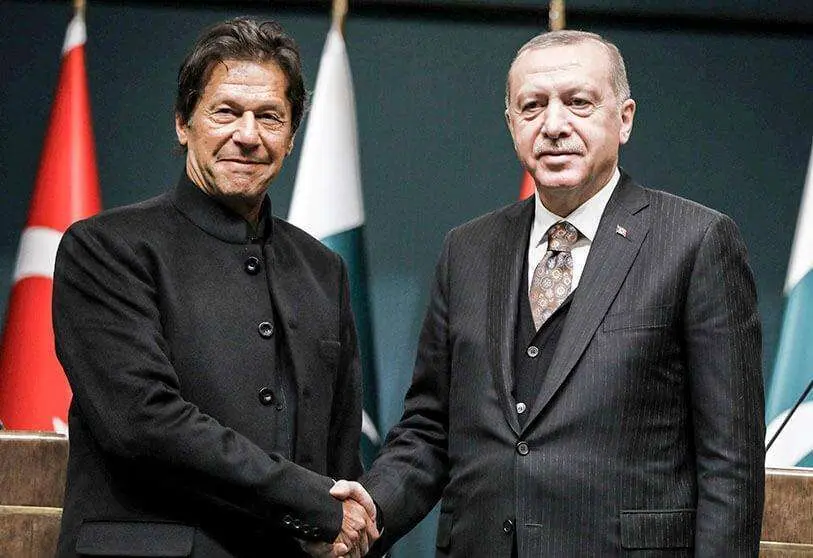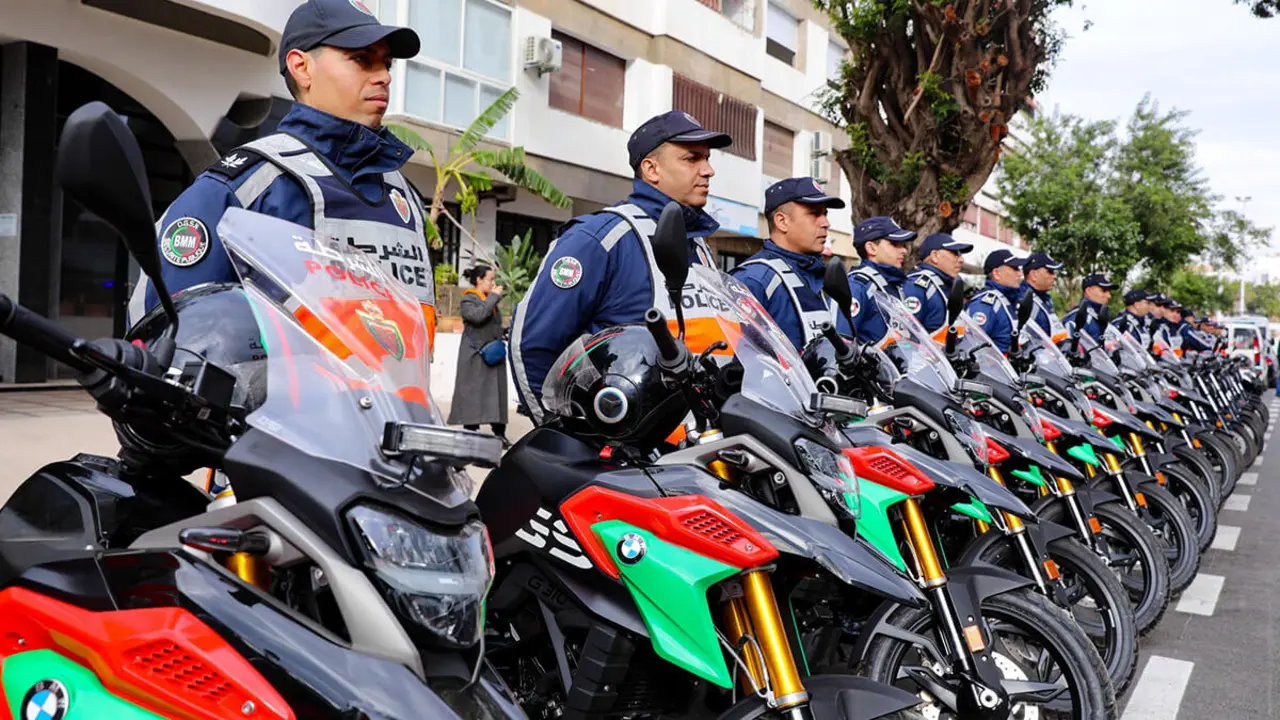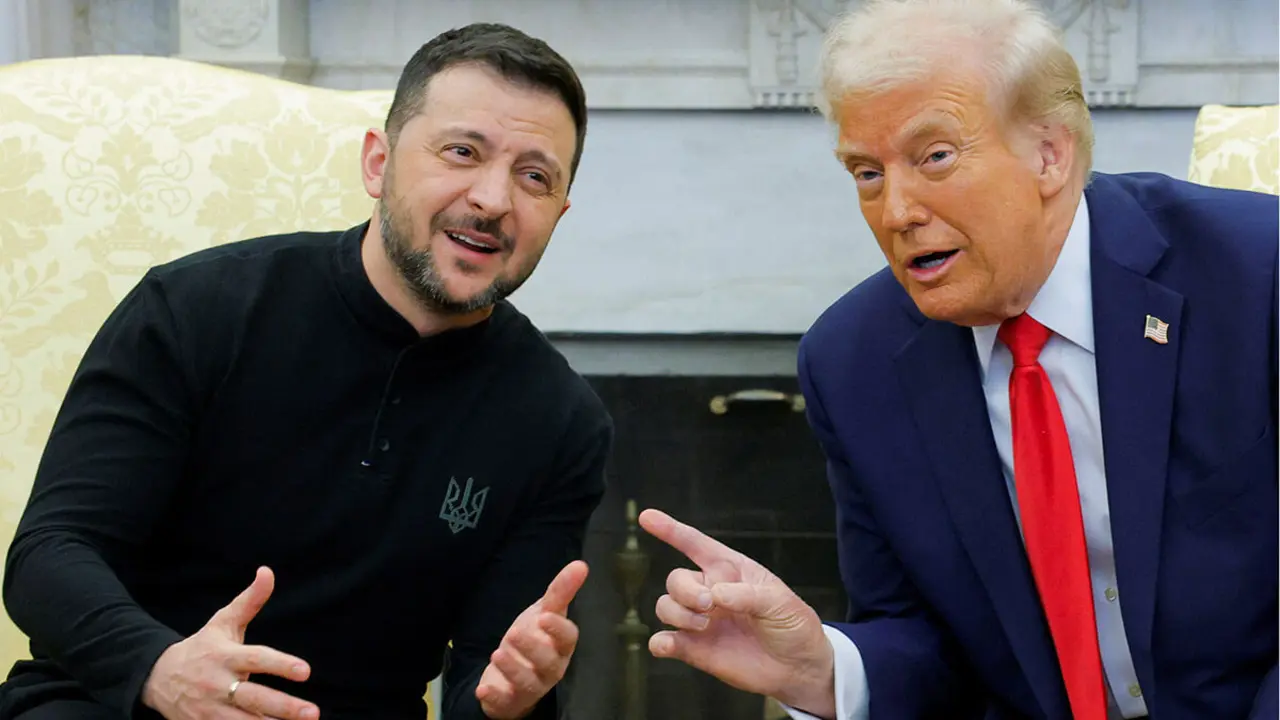Pakistan and Turkey strengthen military cooperation

Turkey and Pakistan are working together to boost and strengthen their bilateral relations. The connection between Ankara and Islamabad, which is based on arms cooperation, is a source of concern for India and other Western powers because of their stance on Kashmir and their possible dependence on China.
Pakistani President Arif Alvi conveyed the country's determination "to further intensify bilateral cooperation with Turkey" in a press release issued by the Presidency on Monday. "There are enormous opportunities for increased cooperation in the areas of trade, defence and culture," he said.
Alvi praised Erdogan's role as a driver of "Turkey's economic prosperity", a prosperity that has declined in recent months. The Ottoman country is going through a delicate economic situation marked by a strong inflationary trend and a galloping devaluation of the lira.
The Pakistani leader's praise also focused on the Turkish president's role as an instigator of "the unity of the Muslim Ummah". In any case, the formal rapprochement between the two states materialised on Monday with the visit of Ottoman General Ümit Dündar to Aiwan-e-Sadr's presidential residence.

The temporary chief of staff of the Turkish Armed Forces during the arrest of Hulusi Akar, the current defence minister, in the 2016 assassination attempt received the Nishan-e-Imtiaz military decoration from President Alvi earlier this week.
Dündar took advantage of the visit to hold a meeting with the commander of the Pakistani armed forces, Qamar Javed Bajwa. The meeting resulted in a joint agreement to increase military cooperation, especially in the areas of training fighters and counter-terrorism.
In April, the Turkish Armed Forces awarded the Legion of Merit to Pakistani General and Chairman of the Joint Chiefs of Staff Committee, Nadeem Raza, for "his services in promoting security relations between the two countries".
The final message underlying the mutual acknowledgements is a mutual interest in maintaining and strengthening their ties. A priori, the most interested party is Islamabad, which is pursuing the acquisition of Ottoman Bayraktar TB-2 drones, a military asset that enabled Azerbaijan to defeat Armenia on the Nagorno-Karabakh front. Pakistan also wants its Turkish partners to increase their investments in the country.

So far, Ankara has managed to sell its drones to several countries, including Poland, Ukraine and Qatar, but not Azerbaijan. Turkey is also negotiating with Albania to revive its aerospace industry, which was damaged after the US scrapped the F-35 programme.
Turkey has negotiated with Pakistan on the transaction of unmanned combat aircraft, but Ankara is reluctant to accept a sales agreement because of possible retaliation from abroad.
Pakistan contracted the services of the Turkish company STM in 2016 for the modernisation of its three Agosta 90B attack submarines, as well as for the design and construction of new corvettes and oil tankers. However, France's strong opposition through blockades and sanctions has prevented the execution of the services.
In this line, the Central Asian country granted in March a six-month extension of the agreement for the acquisition of T129 Atak helicopters signed with Ankara.
In 2018, Pakistan sought to purchase 30 Turkish-made aircraft worth $1.5 billion, but the Ottoman company lacked US-issued export licences, licences denied to Turkish Aerospace Industries for the acquisition of the S-400 anti-missile system from the Turkish government.
In this context, foreign policy representatives of the two states have been in contact over the past few weeks to resolve joint challenges.
Pakistani Foreign Minister Mehmood Qureshi travelled to Turkey last June to meet his Turkish counterpart, Mevlüt Çavuşoğlu. On his return, Qureshi made public President Erdogan's invitation to Pakistani Prime Minister Imran Khan.

The two leaders were last on the list of "press freedom predators" published on Tuesday by Reporters Without Borders (RSF). On Khan, the NGO argues that he "emerges as the ideal candidate to do well in the public arena without questioning the omnipotence of the military" thanks to his populist and fundamentalist mix.
On Erdogan, RSF claims that the president "does not like the press, or rather, he only likes it submissive, docile and praising his merits", and that he has "absolute freedom to persecute any dissonant voice".
"When Xi Jinping came to power in China in 2013, he was expected to implement liberal reforms, as his family was a victim of the Cultural Revolution. On the contrary, he strengthened the regime's control over information and restored in a few years a media culture worthy of the Maoist era," RSF said about the Chinese leader.
The Asian giant is said to be part of the partnership between Ankara and Islamabad. China and Pakistan share a common territorial enemy: India. The Kashmir region, administered by New Delhi, and the areas along the Line of Actual Control (LAC) in eastern Ladakh are the territories sought by Pakistan and China in their direct confrontation with India.

This explains the Pakistani Army's military-driven upgrade of its S-250 Supercam drones deployed in Kashmir. Indian intelligence detected Pakistan's acquisition of Chinese and Turkish-made fighter jets.
"Pakistan, through China, has the missile technology, both conventional and nuclear, as well as fighter jets, something Turkey is looking for," a diplomatic source told The Print.
In any case, Ankara's hands would be tied by its dependence on NATO supervision. Moreover, the geostrategic priority for Turkey and Pakistan is to gain relevance in Afghanistan after the withdrawal of US troops. This led Ankara to offer to manage Kabul's Hamid Karzai International Airport.








